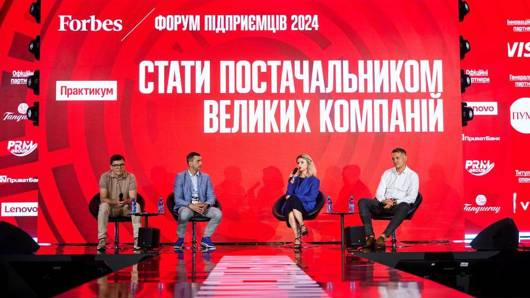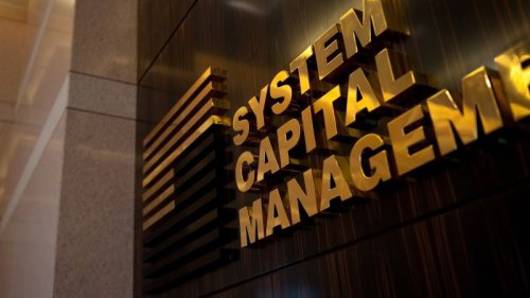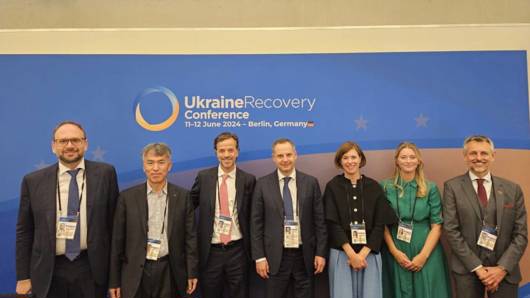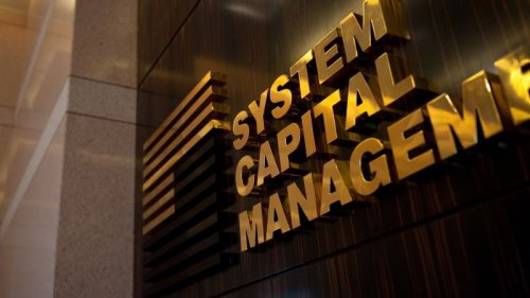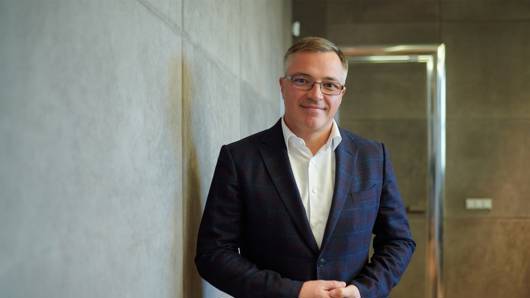Yuriy Ryzhenkov, CEO of Metinvest Group, gave an extensive interview to Corriere della Sera, a leading Italian media outlet, with a special focus on sanctions against Russian steel in the EU.
Editor’s note: European Union member states have decided to ease sanctions against Moscow, allowing an additional 10.7 million tonnes of Russian crude steel into the EU. No manager has an easy task when the demand for their company’s products in target markets is weak and the energy price for producing them goes up. But few hold a position as challenging as Yuriy Ryzhenkov, CEO of Ukraine’s Metinvest: managing a multinational steelmaker with a turnover of over US$7 billion in a country at war is in a different category.
Difficulties faced by Metinvest
One main challenge is that the cost of the energy for Metinvest has risen exponentially because of dynamics that have nothing to do with the market. Ryzhenkov said: “We have to deal with new constraints on the availability of electricity at adequate market prices. In Ukraine, there are supply shortages caused by the Russian shelling of power stations.”
Like other Ukrainian companies and local administrations, Metinvest is currently forced to import a major part of its energy needs, and international transmission costs can double its energy bills.
Connection with Italy
This issue also affects Italy, as Metinvest supplies the country’s steel mills: from Azovstal and Ilyich Steel in Mariupol in the past, and mainly from Zaporizhzhia today. There is another, more burning issue that affects Italy even more directly: the silent retreat of the EU in the sanctions game with Moscow, at least in the steel industry. The consequences of this decision will become evident in a month.
EU decision on sanctions against Russia
According to the package unanimously passed by the 27 governments in October 2022, imports of slabs from Russia were to be completely stopped on 30 September 2024. A slab is a semi-finished steel product weighing around 30 tonnes that is supplied to steel plants, which process it to meet the needs of industrial customers. However, a significant shift occurred with the product from Russia last December when, once again unanimously, the EU countries quietly postponed the closure of the European market to Russian products until 2028. In practice, they decided to allow an additional 10.7 million tonnes of Russian raw steel into the EU. This product has a cost advantage of around 15% due to lower energy costs. Meanwhile, the Russian army has continued to destroy Ukrainian power stations.
Impact on the Italian economy
According to Ryzhenkov, such a situation harms Italy and prolonging it could even become self-defeating from an industrial policy perspective. “Unfortunately, some of the industry operators, through their governments, continue to advocate that imposing a total ban on Russian slabs would cause problems,” said Metinvest’s CEO. “In my opinion, this is not true and there is also some hypocrisy. It harms ethical producers who do not purchase raw steel from the country that initiated the aggression.”
Ryzhenkov highlighted the contradictions within the Italian production system: “In your country, the situation is even more ironic,” he said. “Some of the Italian industrialists buy slabs from Russia, essentially financing Moscow’s military aggression.” According to Metinvest’s CEO, the argument about the benefits of steel purchases from Russia does not seem far-sighted either. Especially now when the government has taken back control of the Taranto plants from India’s ArcelorMittal, following a challenging confrontation. “I am not in a position to judge the argument of convenience,” Ryzhenkov noted, “but operators who source from Russia do not buy from Acciaierie per l'Italia, which is now managed by the government and continues to operate below its capacity. As such, they are essentially fuelling the Russian economy and harming the Italian economy. First, because they do not buy from the local Italian producer; second, because they harm honest producers like Metinvest.
Plant in Verona
At the beginning of the summer, the Ukrainian group decided to temporarily halt production at its Verona plant and lay off its employees. Meanwhile, the neighbouring steel mill of the Russia’s NLMK group continues undisturbed, importing raw material from the parent company. But Ryzhenkov is not losing interest in Italy and, in particularly, Metinvest’s investment to produce ‘green’ steel in Piombino. “Our expectations for the Piombino project are very optimistic. It will allow us to link high-quality Ukrainian ore with steel production in Italy and develop the metallurgy of both countries,” he said. “We expect to finalise the last details in the coming months. But the project is progressing well and we feel the government's support.”






